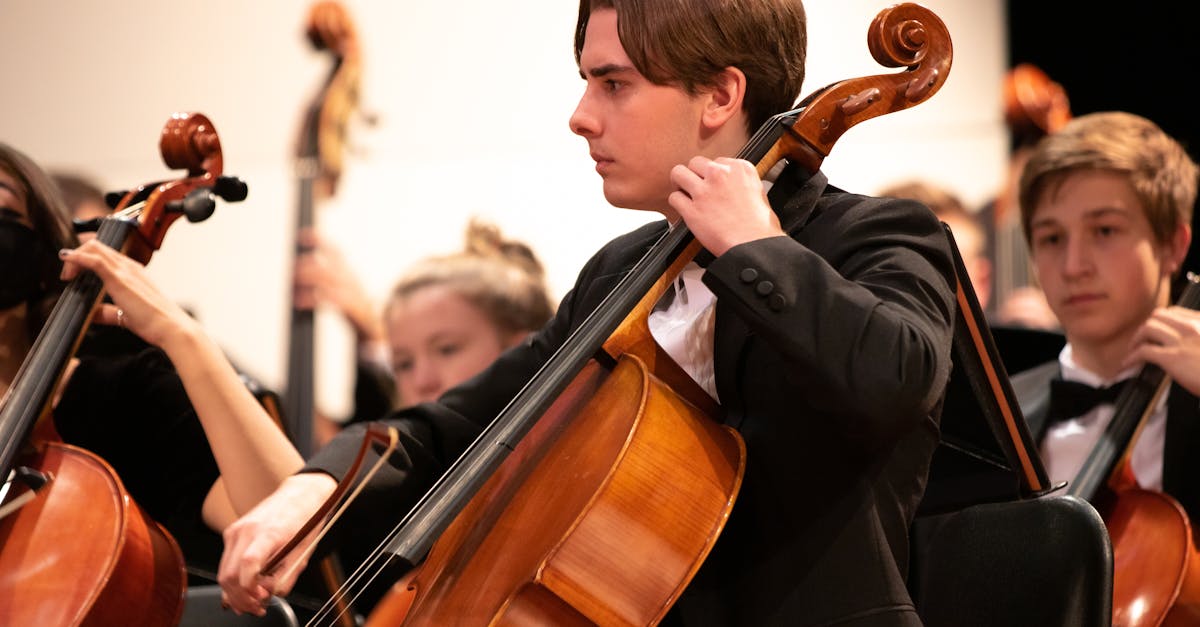The Influence Of Memes On Modern Pop Culture
Introduction
Memes have become a cornerstone of modern pop culture, rapidly spreading through social media and everyday interactions. Originating as simple humorous images or videos, they now shape the way people communicate and engage with cultural phenomena. This article delves into the multifaceted influence of memes on contemporary society.
Advertisement
A Brief History of Memes
The term "meme" was coined by Richard Dawkins in 1976, referring to cultural ideas that spread from person to person. However, internet memes only rose to prominence in the early 2000s with the evolution of online platforms. As digital culture evolved, memes transitioned from niche forums to mainstream social media, becoming a universal language.
Advertisement
Memes as Cultural Commentary
Memes serve as a reflection of societal issues and public opinion, often encapsulating complex ideas in a simple image or phrase. They provide a platform for people to express their views, criticize norms, or comment on political events quickly and accessibly. Through humor and satire, memes offer a unique insight into the collective consciousness of the digital age.
Advertisement
The Role of Memes in Entertainment
Memes have permeated every corner of the entertainment industry, influencing music, movies, and video games. Viral sensations often inspire artists, and in some cases, memes themselves become a part of mainstream media. For instance, meme references in TV shows or films create a connection between creators and audiences accustomed to the fast-paced world of digital humor.
Advertisement
Memes and Internet Trends
Internet trends often begin as memes, sparking viral challenges, hashtags, or creative remixes. Memes spread like wildfire, encouraging participation and shaping online behavior. From the infamous "Harlem Shake" to TikTok dance challenges, memes not only entertain but also drive the cultural phenomena that define the internet's rapidly changing landscape.
Advertisement
Social Interaction and Memes
Memes have transformed how people relate and interact, providing a shared cultural reference that transcends geographical boundaries. They serve as a form of social currency, allowing users to show relatability and wit. Sharing a meme can instantly create a sense of community and mutual understanding, even amongst strangers in a digital realm.
Advertisement
Memes and Commercialization
Businesses leverage the power of memes to connect with younger audiences, integrating them into marketing strategies for relatability and engagement. Viral marketing often employs memes to reach a broader demographic, creating buzz around products or services. This collaboration between brands and meme culture has led to substantial shifts in advertising techniques.
Advertisement
Meme Politics
Political discourse is heavily influenced by memes, providing a platform for advocacy, ridicule, and persuasion. Memes are potent tools for political campaigns and social movements, using humor and imagery to sway public opinion or raise awareness of critical issues. This democratically accessible method of communication gives power to political voices across the spectrum.
Advertisement
Criticism of Meme Culture
Despite their popularity, memes face criticism for simplifying complex issues and spreading misinformation. Their rapid dissemination can lead to misunderstandings or negative stereotypes. Furthermore, the ethical implications of meme production and consumption raise questions about consent and the impact of humor on sensitive topics.
Advertisement
Conclusion
In conclusion, memes play a pivotal role in shaping modern pop culture, impacting communication, entertainment, and even politics. Their ability to capture public attention makes them a powerful driver of cultural trends. However, as memes continue to evolve, it is essential to consider their influence critically while appreciating their role in connecting our digital world.
Advertisement

